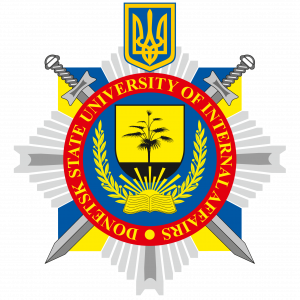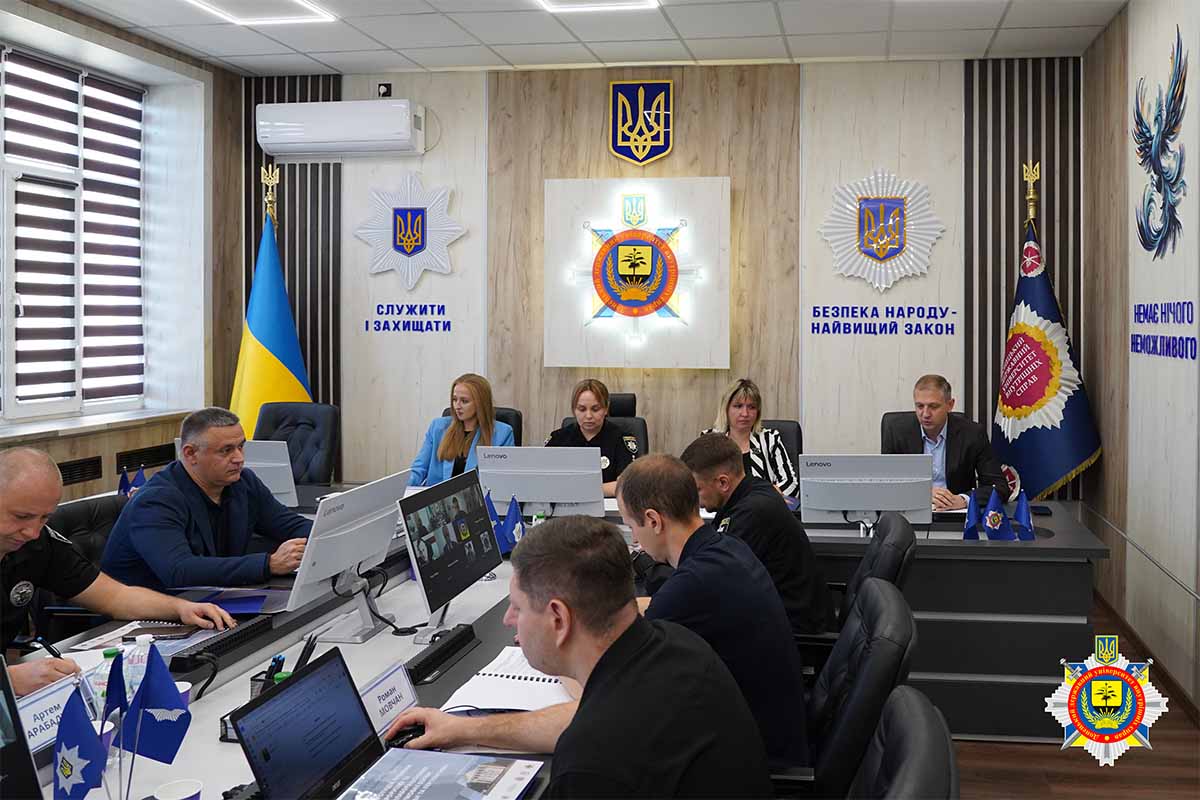On September 11, the Scientific and Research Laboratory on the Problems of Preventing Criminal Offenses of the Educational and Scientific Institute for Training Specialists for Criminal Police Units named after E.O. Didorenko of the Donetsk State University of Internal Affairs held the II All-Ukrainian Round Table “Countering Terrorism and Collaborationism in Wartime: Current Status and Prospects.”
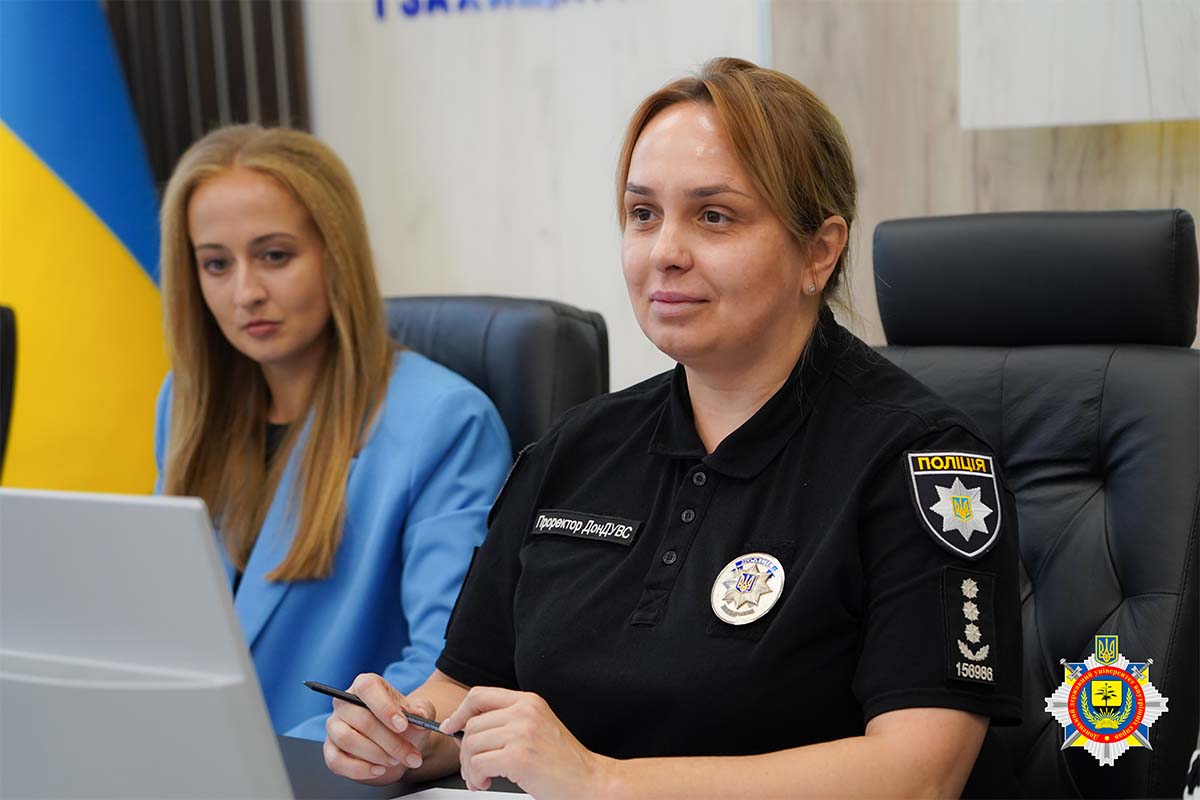
The purpose of the event is to study problematic issues of countering terrorism and collaborationism in wartime, as well as to discuss with scientists and practitioners possible ways to improve the theory and practice of countering such manifestations.
The co-organizers were the Ministry of Internal Affairs of Ukraine, the Department of Support for the Activities of the Head of the National Police of Ukraine, the Department of Strategic Investigations of the National Police of Ukraine, the Institute of the Security Service of Ukraine of the Yaroslav Mudryi National Law University, King Danylo University and the Main Department of the National Police in the Zaporizhzhia region. The scientific event is provided for 2025 by the Scientific Work Plan of the Ministry of Internal Affairs of Ukraine, central executive bodies, the activities of which are directed by the Cabinet of Ministers of Ukraine through the Minister of Internal Affairs of Ukraine, and the National Guard of Ukraine .
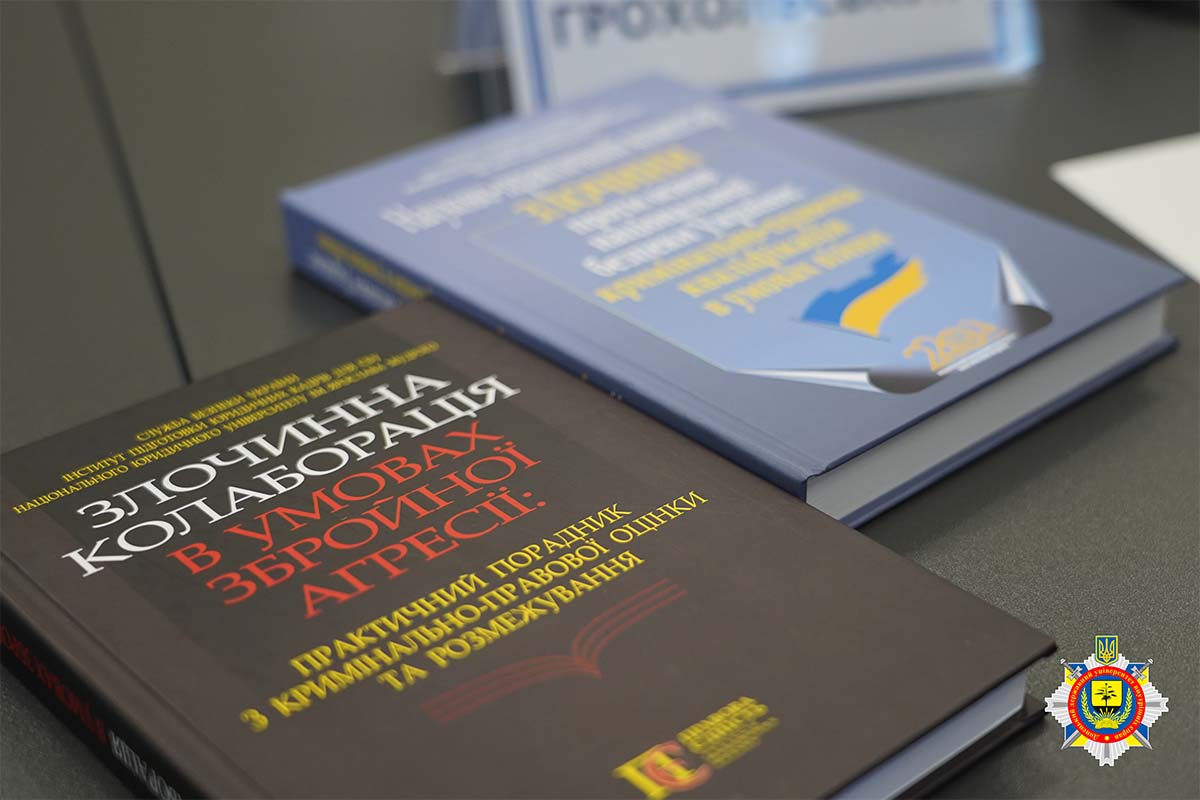
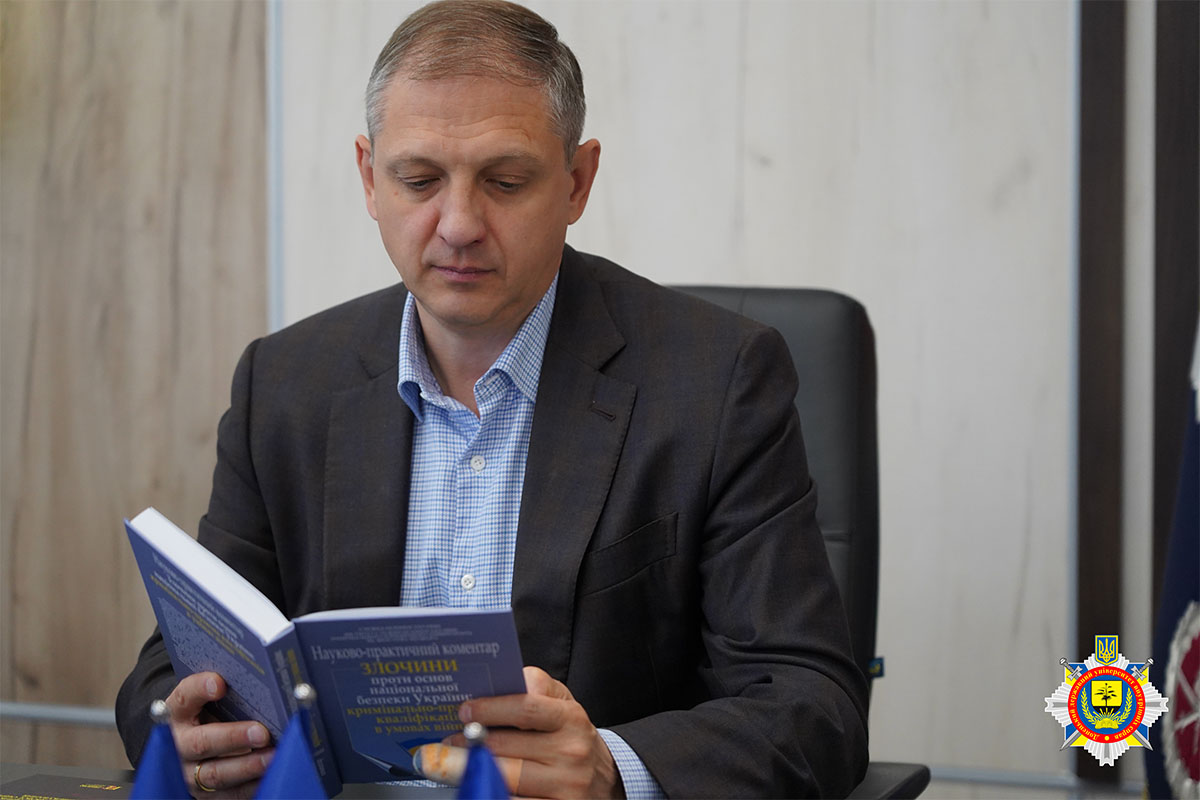
The round table was opened by Deputy Director of the Department of Education, Science and Sports – Head of the Department of Science, Innovations and Sports of the Ministry of Internal Affairs of Ukraine, Doctor of Law, Professor, Police Lieutenant Colonel Yehor Nazymko who noted that in condition of full-scale aggression by the Russian Federation against Ukraine, the development and implementation of efficient mechanisms for eliminating terrorist risks and threats, strengthening the capacity to promptly identify, detect, and prosecute individuals involved in collaborative and terrorist activities will not only have a positive impact on the crime situation, but will also bring the state closer to Victory. Yehor Nazymko also emphasized that consolidation of the efforts of theorists and practitioners, exchange of experience between representatives of different state law enforcement bodies involved in countering collaborationism and terrorism will contribute to the development of a comprehensive and effective mechanism to protect the fundamental national interests of Ukraine both under martial law and after its abolition or termination.
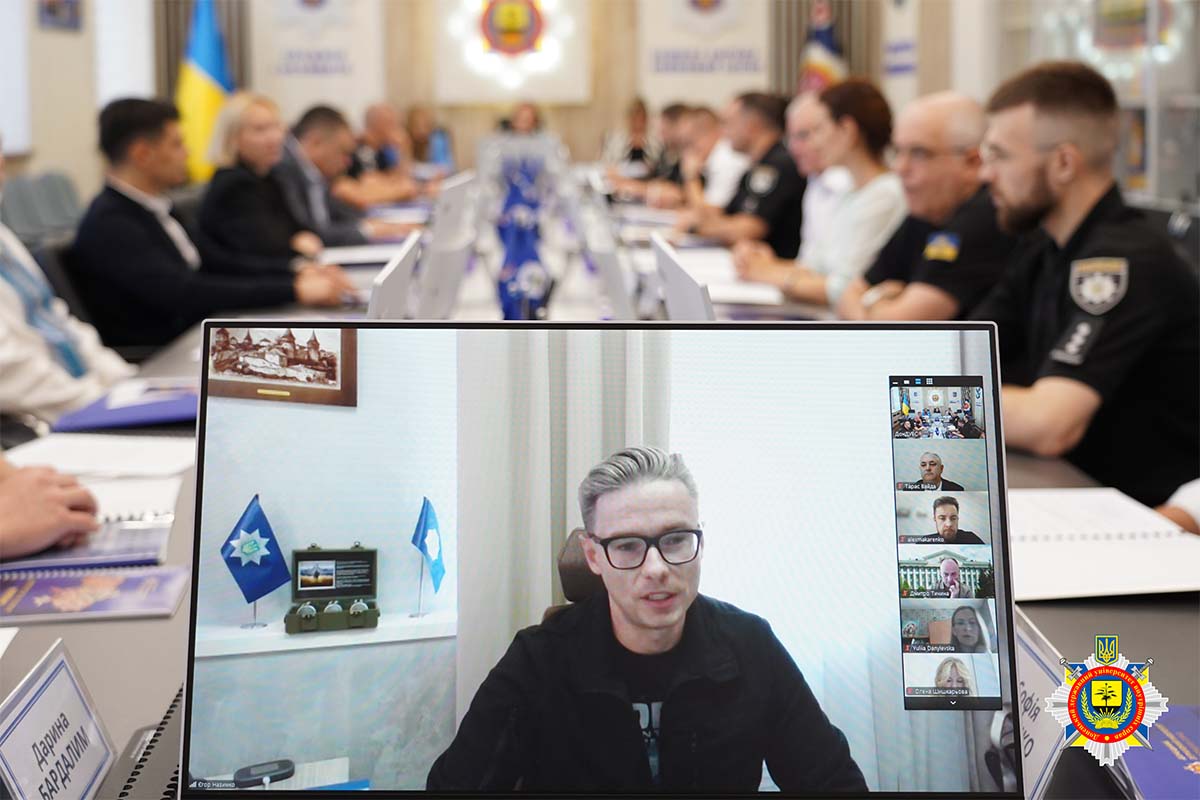
The following also joined in the welcoming speech: Deputy Head of the Department for Organization of Work and Methodological Support of the Main Investigation Department of the National Police of Ukraine – Head of the 1st Unit, Police Colonel Volodymyr Ananchenko; Head of the Kirovohrad Regional Prosecutor’s Office, Senior Advisor to Justice Yan Streliuk; Leading Researcher of the Institute of the Security Service of Ukraine of the Yaroslav Mudryi National Law University, Candidate of Law, Associate Professor Vadym Hrokholskyi and first vice-rector of the DonSUIA, Сandidate of Legal Sciences, Professor, Police Colonel Olena Volobuieva.
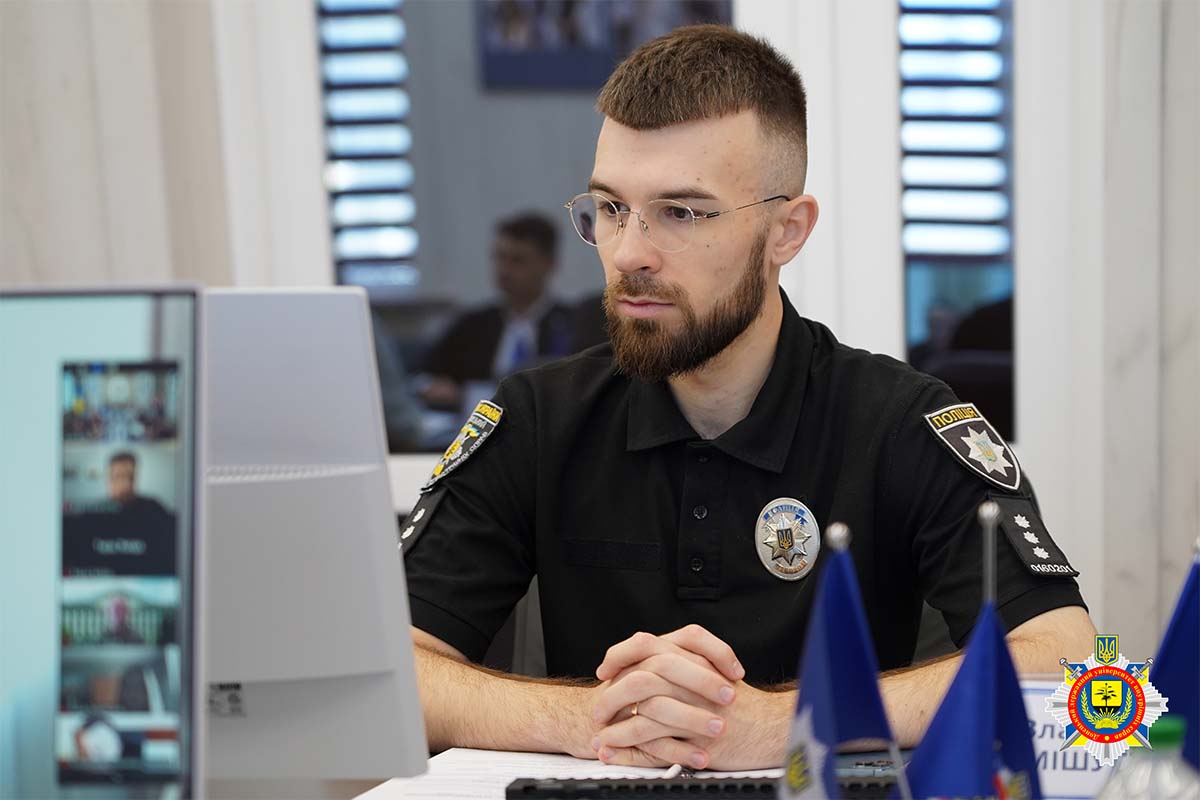
Representatives of the Ministry of Internal Affairs of Ukraine, the National Police, the Security Service of Ukraine, higher education institutions, and scientific institutions responded to the invitation to participate in the roundtable. Representatives of the Scientific Society of students, cadets, trainees, postgraduates, adjuncts and young scientists of the DonSUIA took an active part in the organization and work of the scientific event. The relationship between practical units, higher education institutions with specific learning conditions and classical higher education institutions, as well as young scientists, made it possible to carry out a comprehensive examination of the stated issues and also to identify the ways to integrate scientific results into practical activities to counter terrorism and collaborationism under martial law.
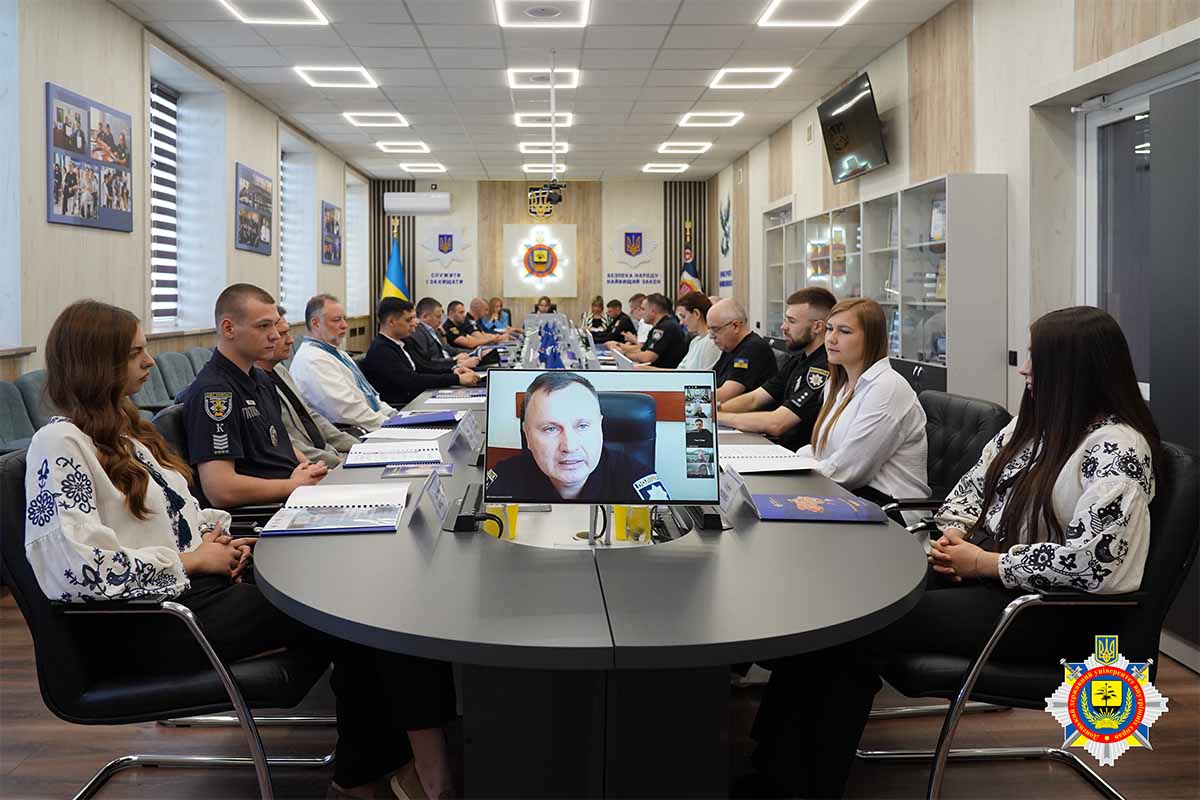
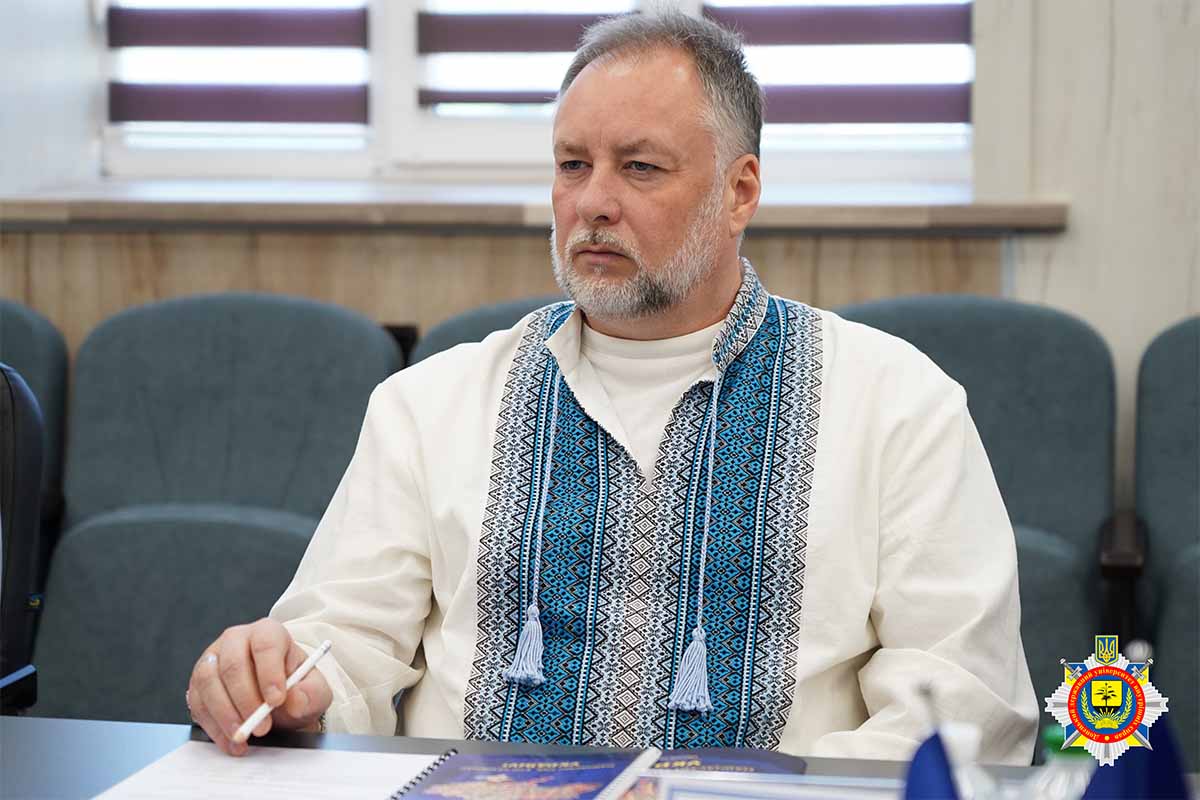
Based on the results of discussing the reports, the roundtable participants proposed to finalize certain provisions of the legislation on countering terrorism and collaborationism, and also identified ways to solve organizational and other problems, that affected the ability of law enforcement bodies to effectively perform their functions under special legal regime of martial law according to a number of areas that were summarized in the resolution of the scientific event.

